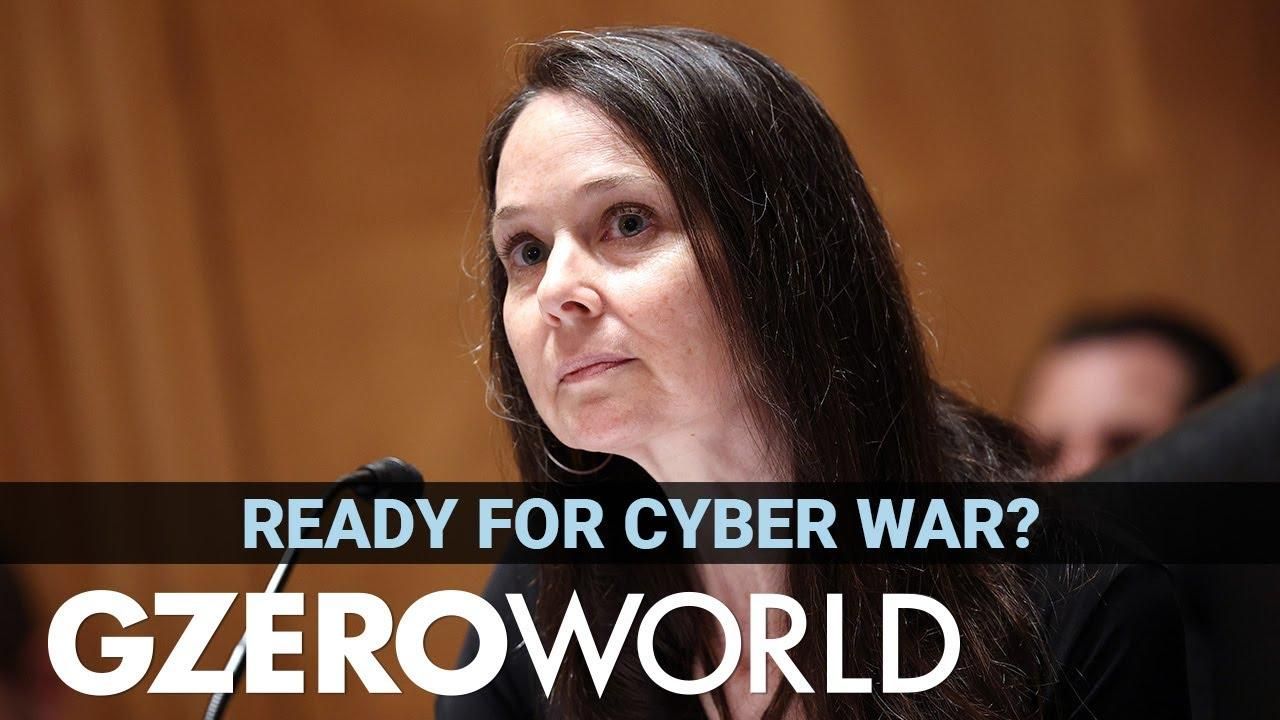
The next decade will be a turning point in the global cyber arms race. And the stakes are very high.
If measured as a country's GDP, cyber crime would now be the world's third-largest economy after the US and China. And it only takes a single password — as Americans learned after the 2021 Colonial Pipeline attack — for cyber crime to cripple a company or humiliate a nation.
On GZERO World, Ian Bremmer speaks to Jen Easterly, director of the US Cybersecurity and Infrastructure Security Agency, tasked with defending the country from all cyber threats — foreign and domestic.
America, she says, has finally gotten serious about protecting itself from cyberattacks. But the federal government still needs cooperation from the private sector, which operates 80% of the critical infrastructure that serves our daily basic needs.
Easterly also digs into how Russia is the urgent cyber threat, though China could do more damage in the long term -- and whether the US is prepared to defend itself from both adversaries.
- Will the US be able to withstand cyber attacks on critical ... ›
- Biggest cybersecurity threat to watch in 2022 - GZERO Media ›
- A (global) solution for cybercrime - GZERO Media ›
- Russian cyber attack could trigger NATO's Article 5, warns NATO ... ›
- Russia's cyber attack: an act of espionage or war? - GZERO Media ›